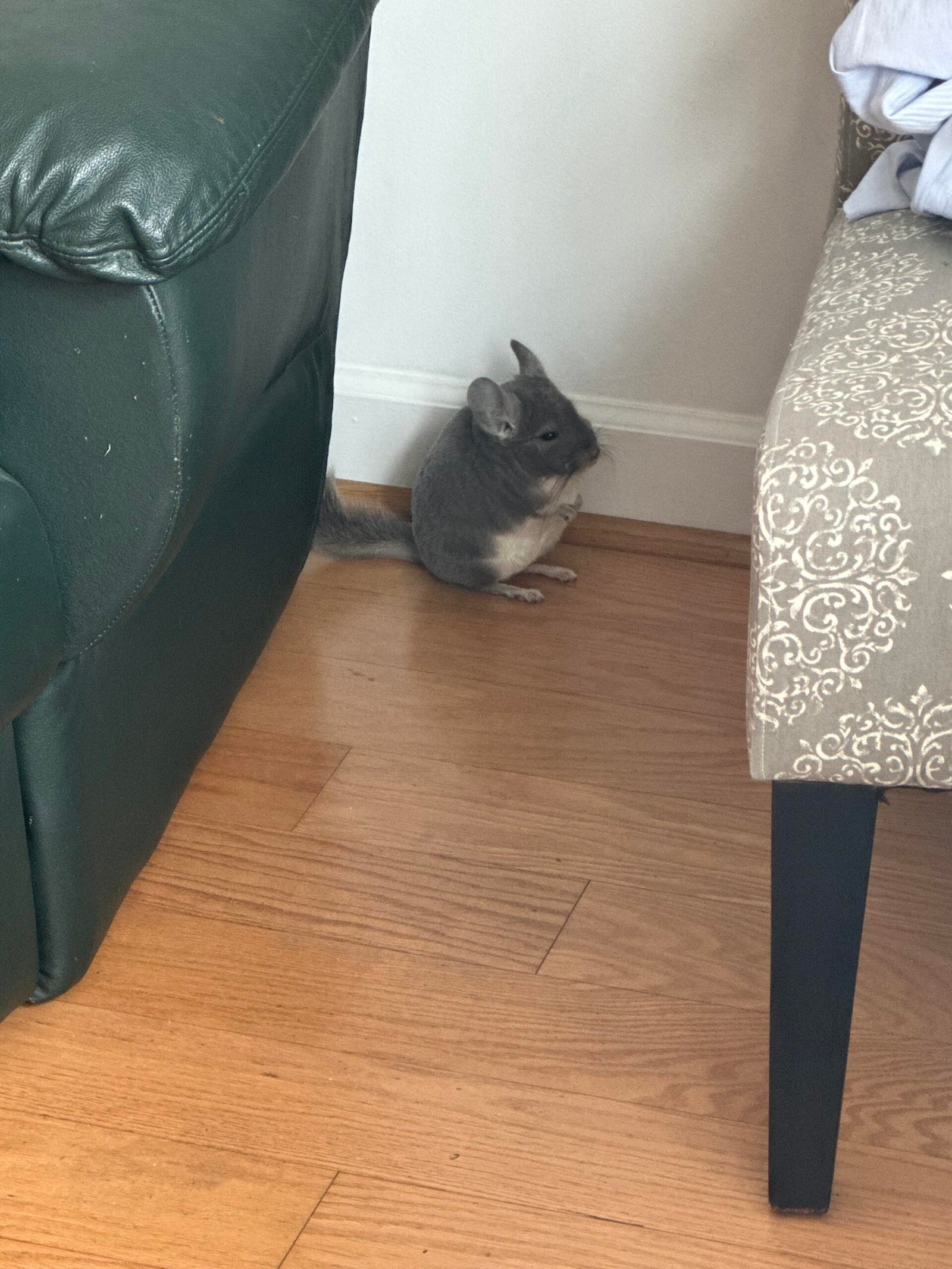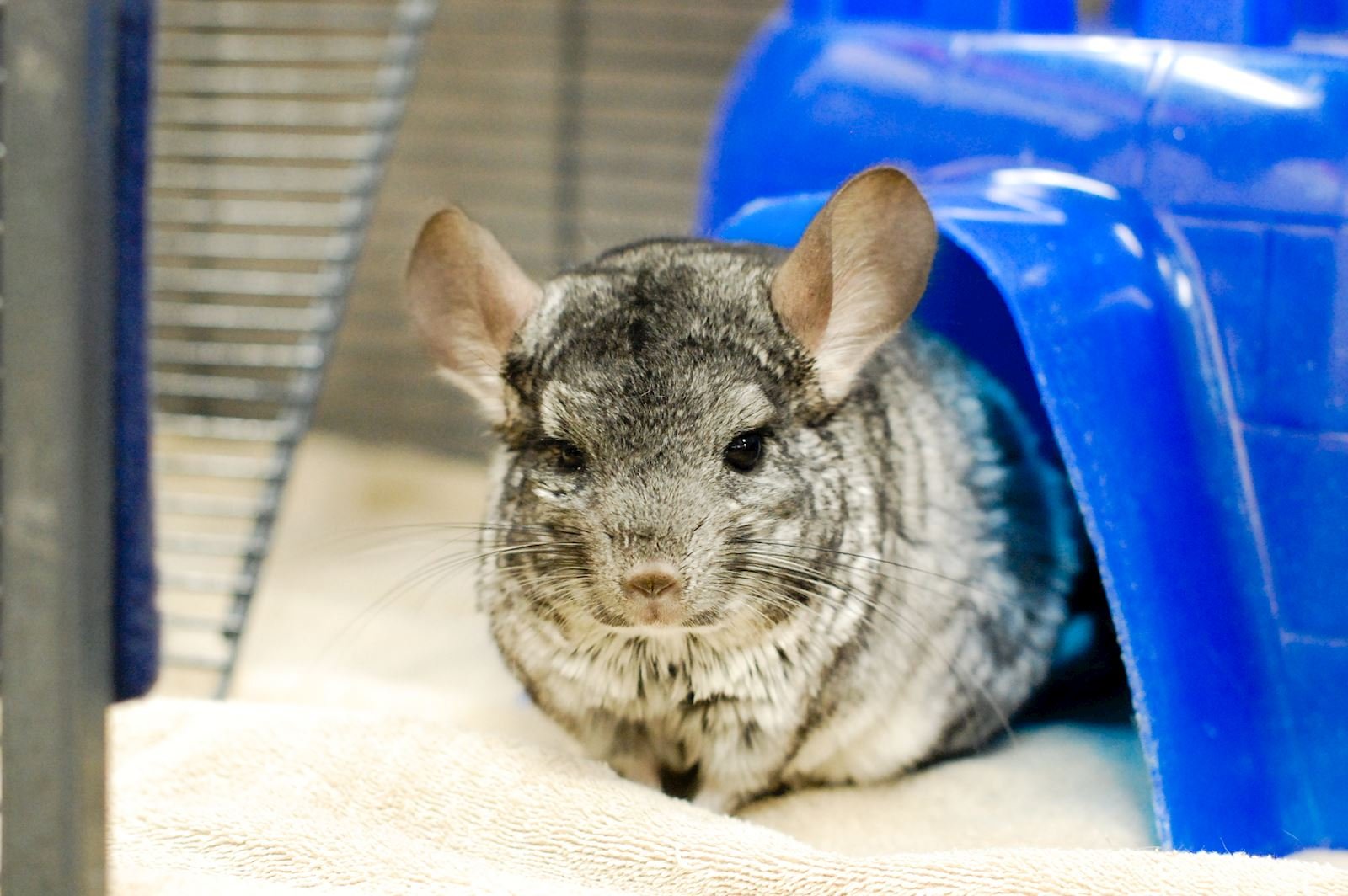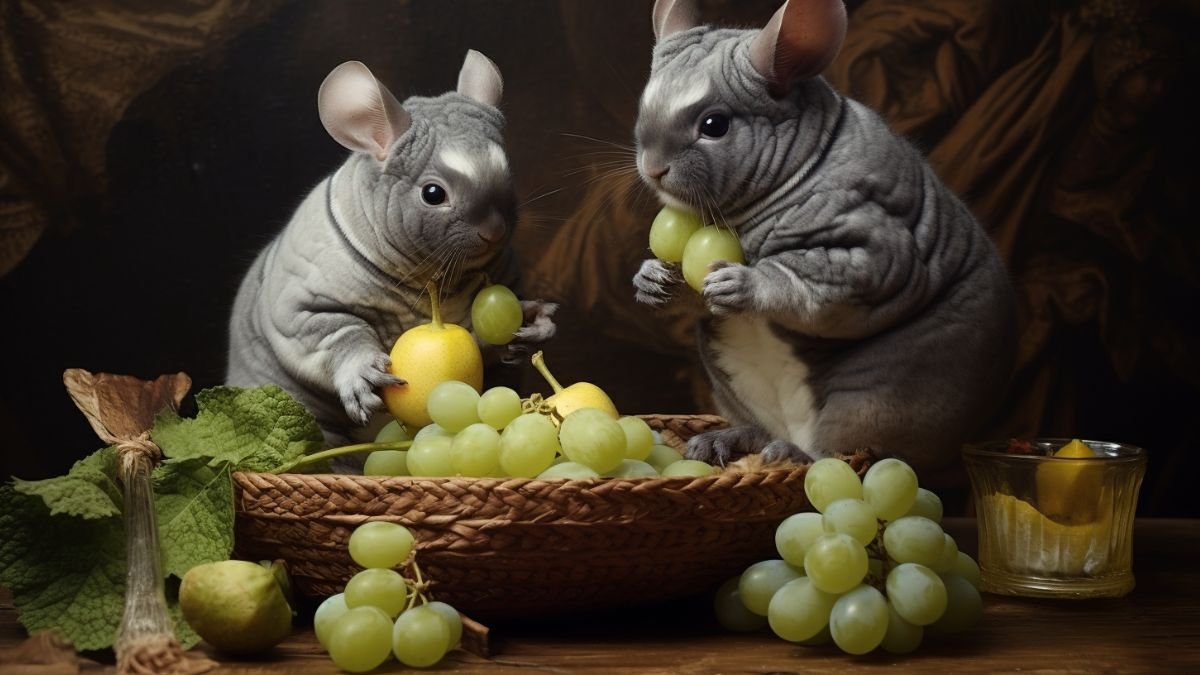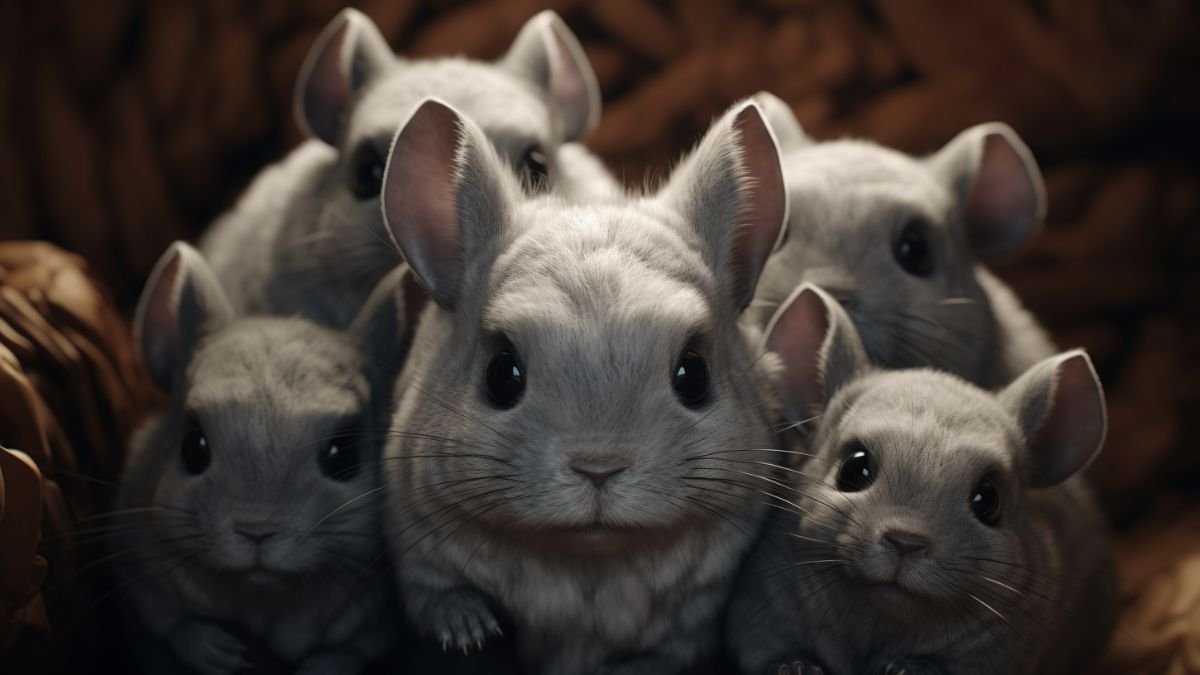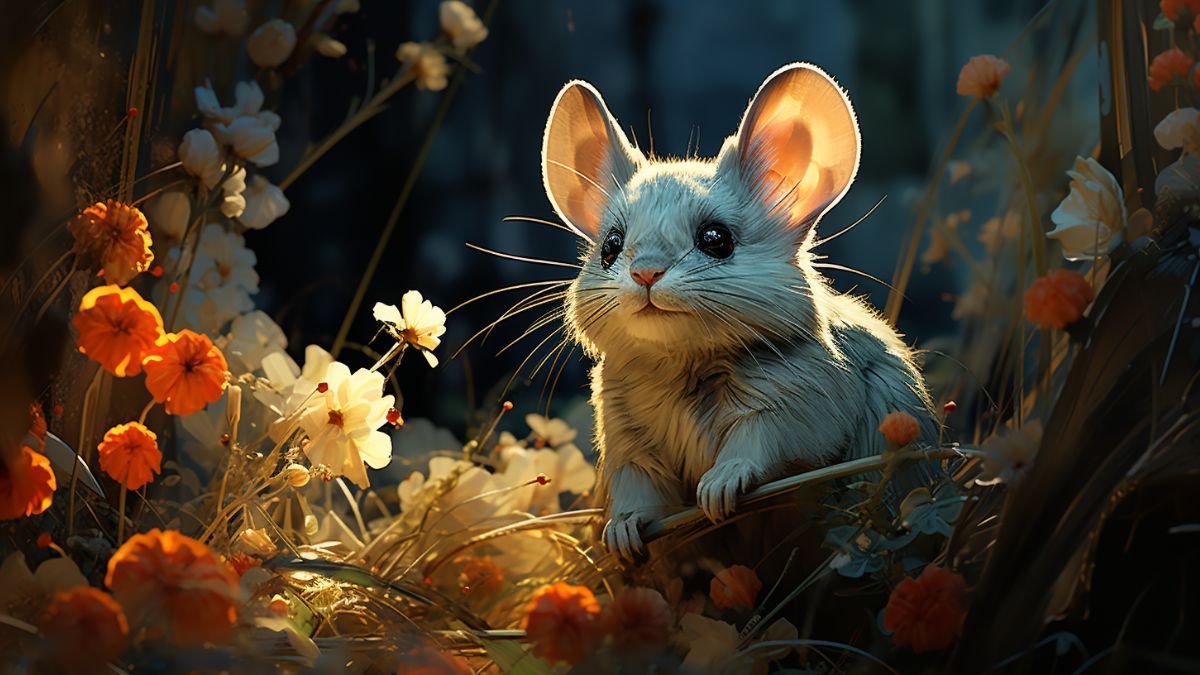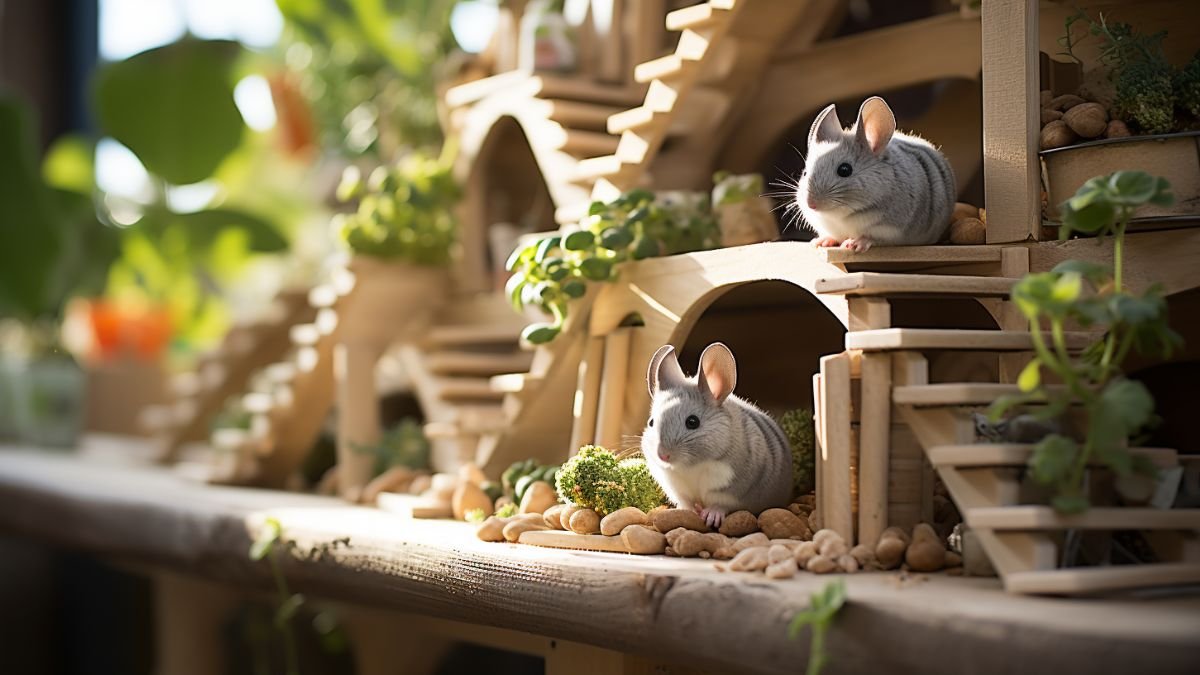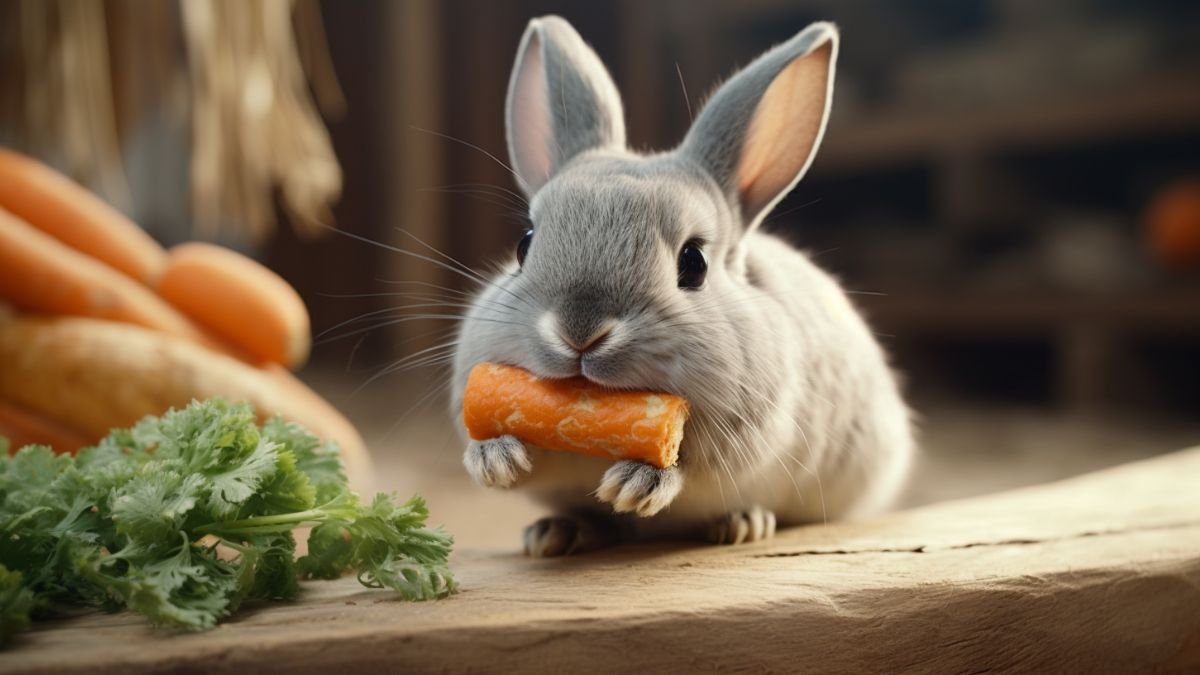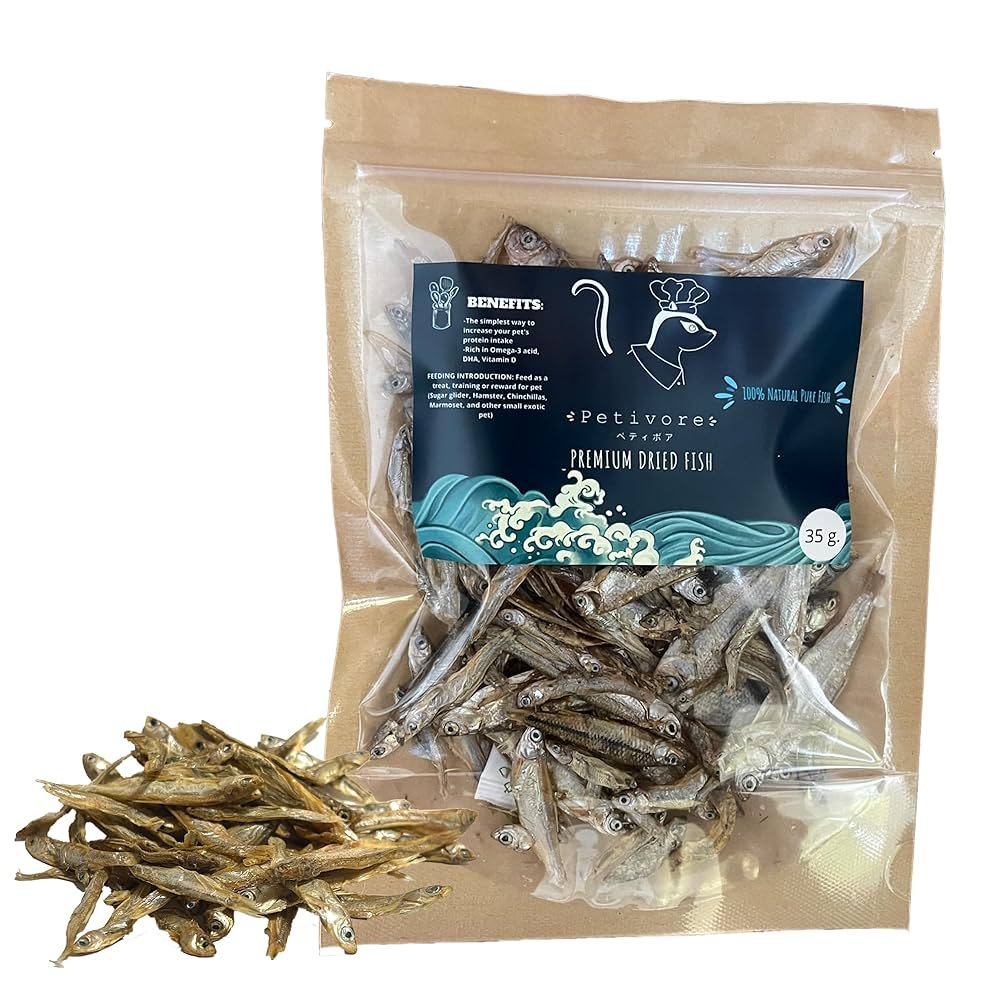
Training your chinchilla can be a fun and rewarding experience, but knowing how to reward them the right way makes all the difference. You want your furry friend to stay motivated and happy while learning new tricks or behaviors.
If you’ve ever wondered what treats or methods work best, this guide is for you. Keep reading to discover simple, effective ways to reward your chinchilla that will strengthen your bond and make training sessions a breeze.
Choosing The Right Treats
Choosing the right treats is key to training chinchillas well. Treats motivate them to learn and behave. The right snacks keep them healthy and happy. Not all foods suit chinchillas. Some treats can harm them.
Safe Food Options
Good treats include small pieces of dried rose hips, plain oats, or raisins. Fresh herbs like parsley or cilantro work too. These options are gentle on their stomachs. Avoid sugary or fatty foods. Choose natural and simple snacks only.
Avoiding Harmful Snacks
Never give chocolate, nuts, or seeds to chinchillas. These can cause serious health problems. Avoid anything salty or spicy. Also, do not feed fresh fruits often. Their sugar content is too high for chinchillas.
Portion Control
Offer tiny treats, about the size of a pea. Too many snacks can lead to obesity. Treats should be less than 5% of their daily diet. Give treats only during training sessions. This keeps the treats special and effective.

Credit: www.ebay.com
Timing Your Rewards
Timing is key when rewarding chinchillas during training. Giving rewards at the right moment helps your pet connect the treat with good behavior. This connection makes learning faster and more fun for your chinchilla.
Rewards given too late may confuse your chinchilla. It might not understand what action earned the treat. Perfect timing makes the training clear and effective.
Immediate Reinforcement
Give the reward immediately after the desired action. This quick response helps chinchillas link the treat to their behavior. Delays can weaken this connection and slow down learning.
Keep treats ready before training starts. This way, you can reward your chinchilla without hesitation. Fast rewards encourage your pet to repeat good behavior.
Recognizing Desired Behavior
Watch your chinchilla closely during training. Spot the exact moment it does what you want. This skill grows with practice and patience.
Clear recognition helps you reward the right actions. It prevents confusion and keeps your chinchilla motivated. Praise and treats should match good behavior exactly.
Consistency In Training
Always reward the same behavior in the same way. Consistency builds trust and understanding. Your chinchilla learns what to expect from training sessions.
Use the same treats and signals every time. This steady routine makes training smoother. Consistent rewards lead to quicker, better results.
Using Positive Reinforcement
Using positive reinforcement is the best way to train chinchillas. It helps them learn faster and builds trust. Positive reinforcement means giving a reward when your chinchilla does something good. This makes them want to repeat the behavior.
Rewards can be treats, gentle petting, or kind words. This method avoids fear and stress. It creates a happy learning environment for your pet.
Encouraging Good Habits
Start by noticing the behaviors you want to encourage. When your chinchilla follows a command or acts calmly, give a reward right away. Timing is key. The chinchilla must connect the reward with the good action.
Repeat this often. Consistency helps build strong habits. Praise and treats make your chinchilla feel safe and eager to learn more.
Combining Treats With Praise
Treats alone can motivate, but combining them with praise is more effective. Use a soft voice to say words like “good” or “well done.”
This helps your chinchilla understand which behaviors are right. Over time, they respond well to your voice even without treats. This builds a better bond and trust between you both.
Avoiding Punishment
Never punish your chinchilla for mistakes. Punishment causes fear and breaks trust. It can make training harder and slow progress.
Instead, ignore unwanted behavior and reward the good ones. Patience and kindness lead to better results. Your chinchilla will enjoy training and feel safe with you.
Creating A Reward Routine
Creating a reward routine helps chinchillas learn faster. Rewards make training fun and clear. A steady routine builds trust and good habits. It also keeps your chinchilla motivated and focused.
Setting Training Sessions
Choose a quiet time for training. Keep sessions short, about 5 to 10 minutes. Too long can tire your chinchilla. Use the same place to avoid distractions. Consistency helps your pet feel safe and ready.
Balancing Play And Rewards
Mix training with play to keep interest high. Use treats as rewards but also praise and petting. Playtime after training feels like a gift. This balance keeps your chinchilla happy and eager to learn.
Tracking Progress
Write down what your chinchilla learns each day. Note which rewards work best. Track small steps to see improvement. Adjust your routine based on progress. This helps make training more effective and clear.
Common Mistakes To Avoid
Rewarding chinchillas during training helps build trust and good habits. Avoid common mistakes that can slow progress or harm your pet’s health. These errors are easy to fix and knowing them improves training results.
Overfeeding Treats
Giving too many treats leads to weight gain and health problems. Treats should be small and rare, not a main part of their diet. Overfeeding can also make chinchillas less interested in training. Use treats wisely to keep them motivated and healthy.
Inconsistent Rewards
Rewards must be consistent to teach clear lessons. Random or irregular treats confuse chinchillas. They may not understand which behavior is right. Give rewards every time your chinchilla does the desired action. This builds strong habits faster.
Ignoring Behavioral Cues
Chinchillas show signs when they are tired or stressed. Ignoring these signals can cause them to avoid training. Watch their body language closely. Stop training if they seem upset or restless. Respecting their limits keeps training positive and fun.
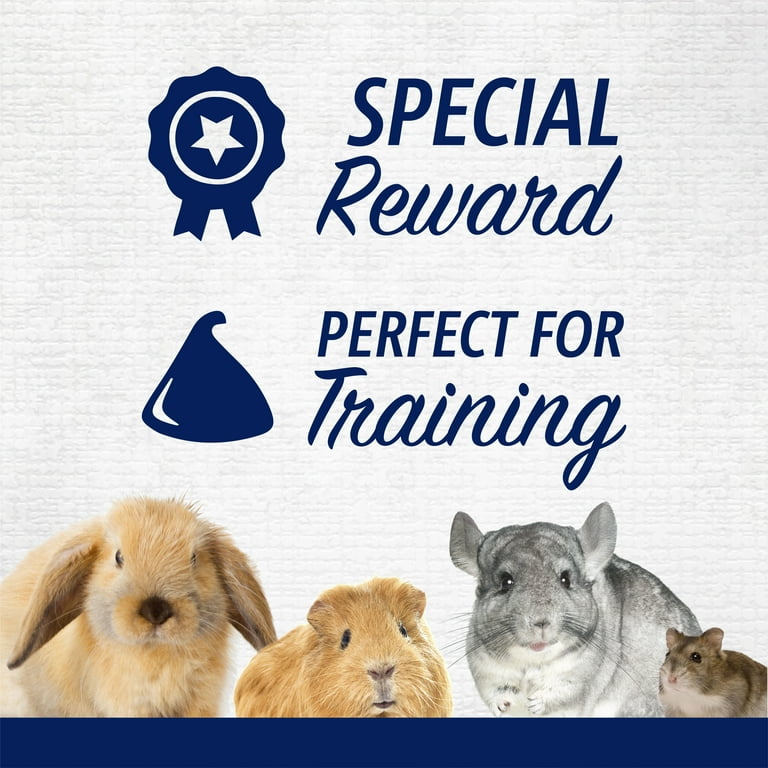
Credit: www.walmart.com
Enhancing Motivation
Keeping your chinchilla motivated during training is key to success. Rewards make training fun and encourage good behavior. A motivated chinchilla learns faster and stays interested longer. Use different methods to keep your pet eager to learn.
Variety In Rewards
Using the same reward all the time can become boring. Change treats often to keep your chinchilla curious. Offer fresh fruits, special pellets, or small nuts. Variety helps maintain your pet’s excitement for training sessions.
Using Toys And Interaction
Toys can be a great reward too. Offer your chinchilla a favorite toy after a good action. Playtime or gentle petting also works well as positive feedback. This builds trust and makes training more enjoyable for your pet.
Adapting To Your Chinchilla’s Preferences
Every chinchilla likes different rewards. Watch closely to see what your pet enjoys most. Some prefer treats, others love toys or attention. Adjust your rewards based on your chinchilla’s likes to keep motivation high.

Credit: www.amazon.de
Frequently Asked Questions
What Treats Are Best For Rewarding Chinchillas?
Safe treats include dried rose hips, plain oats, and small pieces of apple. Avoid sugary or fatty snacks to keep chinchillas healthy. Use treats sparingly to reinforce good behavior without overfeeding.
How Often Should I Reward My Chinchilla During Training?
Reward your chinchilla immediately after a desired behavior. Initially, offer treats frequently to encourage learning. Gradually reduce treats as your chinchilla masters commands, maintaining motivation without over-rewarding.
Can Chinchillas Respond To Verbal Praise As A Reward?
Yes, chinchillas can recognize gentle verbal praise combined with treats. Use a soft, calm voice to reinforce positive behavior. Verbal praise alone may not be as effective as treats but supports bonding.
Are There Non-food Rewards For Chinchilla Training?
Non-food rewards include gentle petting, playtime, or letting them explore a safe area. These rewards help strengthen trust and keep training enjoyable without relying solely on treats.
Conclusion
Rewarding chinchillas properly helps build trust and good behavior. Use small treats and gentle praise to encourage learning. Keep rewards consistent and timely for best results. Watch your pet’s reactions to find what they like most. Patience and kindness make training fun for both of you.
Enjoy the process and celebrate small successes every day. Training becomes easier when chinchillas feel safe and happy. This bond will grow stronger with each positive reward. Keep rewards simple and clear to guide your pet well.

